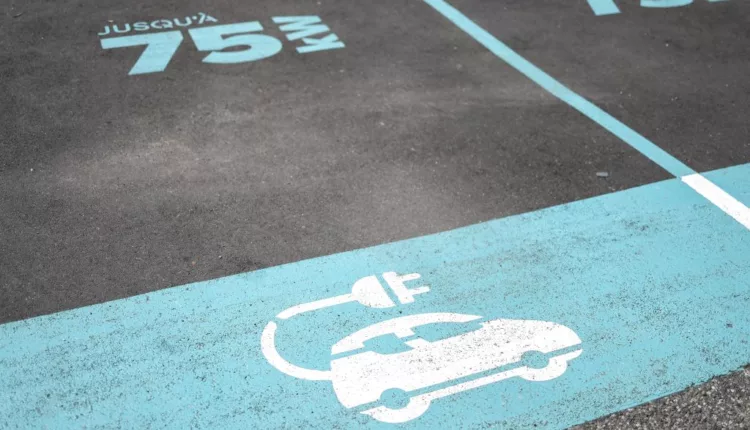
Green Economy Needs More Than Just Subsidies
TL/DR –
Green industrial policies such as massive subsidies have managed to overcome some political obstacles hindering climate policymaking. However, the limitations of this approach are evident in the inability to bring climate targets within reach while solely relying on subsidies, and the public backlash against new restrictions. A comprehensive strategy is required, encompassing reforms to fiscal policy, reduction of ‘brown’ subsidies, raising certain taxes, public commitment to long-term strategy for climate investments, and using a mix of policy instruments to achieve climate goals.
Green Industrial Policies and the Necessity of Subsidies for Climate-Friendly Policies
Climate-friendly policies have become a central focus in recent years, with many policymakers leveraging massive subsidies to implement these strategies. Such measures, influenced heavily by the US President Joe Biden’s Inflation Reduction Act, have impacted Western countries profoundly.
Establishing a carbon price through taxation or quotas was the method favored by mainstream economists to facilitate a green transition. However, many economists criticize the US Inflation Reduction Act, claiming that it is less efficient for resource allocation. But these critics overlook certain aspects of green industrial subsidies-based policies.
These policies have managed to overcome political obstacles that have historically hindered climate policymaking, aligning industrial interests, security concerns, and environmental priorities. They also respond to voters’ worries about climate change and the demands for reindustrialisation from workers. Moreover, such policies serve purely economic objectives, providing a much-needed boost in aggregate demand to economies suffering from the Covid-19 crisis and the fear of protracted secular stagnation.
However, this doctrine has its limitations. For instance, financial conditions have changed, and now extra fiscal scrutiny is needed. Subsidies alone can’t achieve our climate targets. Political challenges are also evident, as shown by the recent backlash against new restrictions in Germany and the Netherlands. A revised doctrine is necessary, and fiscal policy must be reformed, especially with the onset of monetary tightening.Amendments to the EU’s fiscal rules are also crucial.
The Need for a Detailed Green Transition Roadmap
Public commitments to long-term climate investments can influence private investment decisions. Such a commitment is seen in the French parliament’s recent passage of a bill mandating such measures. A detailed roadmap is also necessary. To harmonize climate objectives, economic sustainability, and political support, we need to consider all policy instruments. French President Emmanuel Macron’s second term introduced environmental planning as a new approach.
His strategy recognized the limitations of relying heavily on carbon pricing and subsidies alone. The French approach meticulously maps out all actions required to reduce greenhouse-gas emissions by 55% by 2030. In sectors like housing renovations, electric cars and industrial decarbonisation, feasible solutions already exist and primarily need scaling up. Energy efficiency, nuclear and renewables will play crucial roles in clean electricity production.
Climatic Goals and Public Engagement
Achieving climate goals requires a combination of instruments. For instance, in the housing sector, the French government has provided subsidies to insulate homes and set ambitious industrial policy targets for the production of heat pumps. However, there’s still a long way to go to achieve a greener economy. The coming year will be a crucial test for Western countries, particularly with escalating political tensions over environmental issues.
Moreover, public engagement must play a central role, as phasing out fossil-fuel vehicles will require extensive plans for retraining workers and supporting small businesses. Geographic differentiation, renewed urban planning, and fairness are also needed to counter the populist narrative of elites evading restrictions imposed on the middle class. This necessity is exemplified by the EU’s plans for regulating the private-jet industry and accelerating its clean-energy transformation.
Climate policies must move away from green taxes and subsidies and enter the age of politics. The focus on carbon prices and industrial subsidies has proven inadequate, both socially and economically. A broader reinvention is urgently needed.
—
Read More US Economic News
